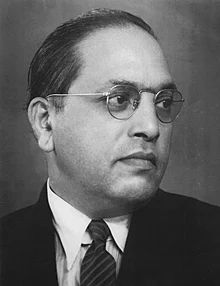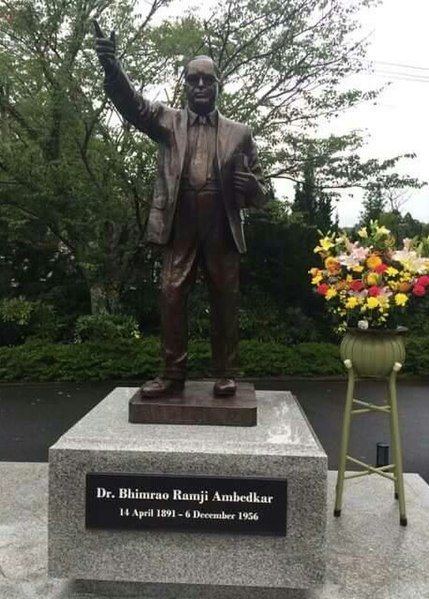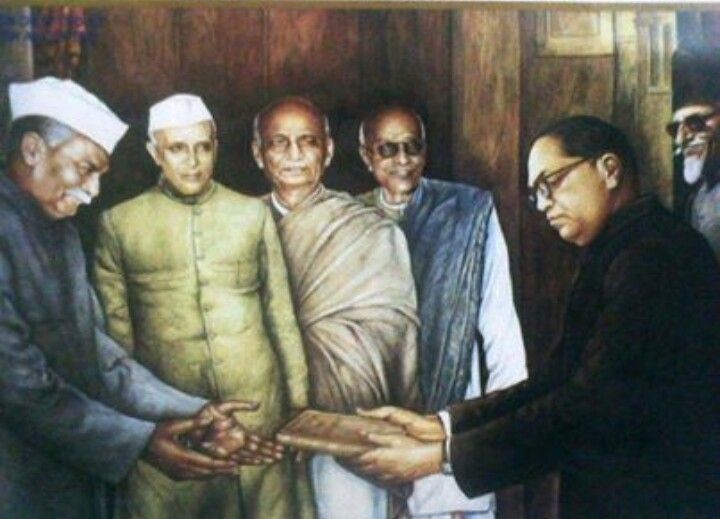The Architect Of Indian Constitution
May 06, 2019 • 87 views
Bhimrao Ambedkar is popularly known as Babasaheb Ambedkar. He is the Hero of our nation and an Inspiration for millions. From being a victim of untouchability in childhood he became the highest educated Indian civilian of his times. He was an Indian jurist, economist, politician and social reformer who campaigned against social discrimination towards the untouchables. He also supported for the rights of women and labour. He was the first law and justice minister of independent India. He is the architect of the Constitution of India, and a founding father of the Republic of India. He is usually called ‘Babasaheb’, meaning ‘respected father’.

He was born on 14 April 1891 in the town and military cantonment in Mhow,Central Provinces, British India (now Dr. Ambedkar Nagar, Madhya Pradesh, India). His father’s name is Ramji Maloji Sakpal (an army officer who held the rank of Subedar) and his mother's name is Bhimabai Ramji Sakpal.
In 1906, his marriage was arranged to a nine-year-old Ramabai.
He worked as a Jurist, economist, politician, social reformer, author, sociologist, educationist, freedom fighter, human rights activist and philosopher.

Statue of Ambedkar at Koyasan Universityin Japan
As he was from a so considered lower caste his life was full of challenges,he wanted to study and he did but he had to suffer a lot. He was not allowed to sit inside the classroom, he used to sit near the door in a gunny sack which he had to carry back home. When he needed water someone from upper caste had to pour water in his vessel from a height. Usually the peon of the school did this When the peon was not in school he had to go without water.He described this in his writings ‘No peon No water’.
He fought for the rights and struggled to achieve the heights of success and also became the voice of several victims of caste discrimination and untouchability. He stood for the rights of marginalized communities including women. He was the spokesperson of untouchables and other backward caste people. He was the defender of the exploited people and made persistent efforts for emancipation of equality from the bonds of caste and religious barriers.

He also realized the importance of education and influenced the backward classes to get educated and protest against social evils.
On 14th October 1956 Babasaheb Ambedkar adopted Buddhism with lakhs of his supporters in a simple ceremony at Deekshabhoomi, Nagpur.
He died on 6 December 1956 (aged 65) in Delhi .
In 1990, he was awarded with the Bharat Ratna (India's highest civilian award) for his prestigious contribution to society.
Babasaheb Ambedkar always stood for the equality of Untouchables,other lower castes and women. He fought for the rights of Dalits. He was an activist and demanded social equality and justice.
‘I measure the progress of a community by the degree of progress which women have achieved.’
- Dr Bhimrao Ambedkar
